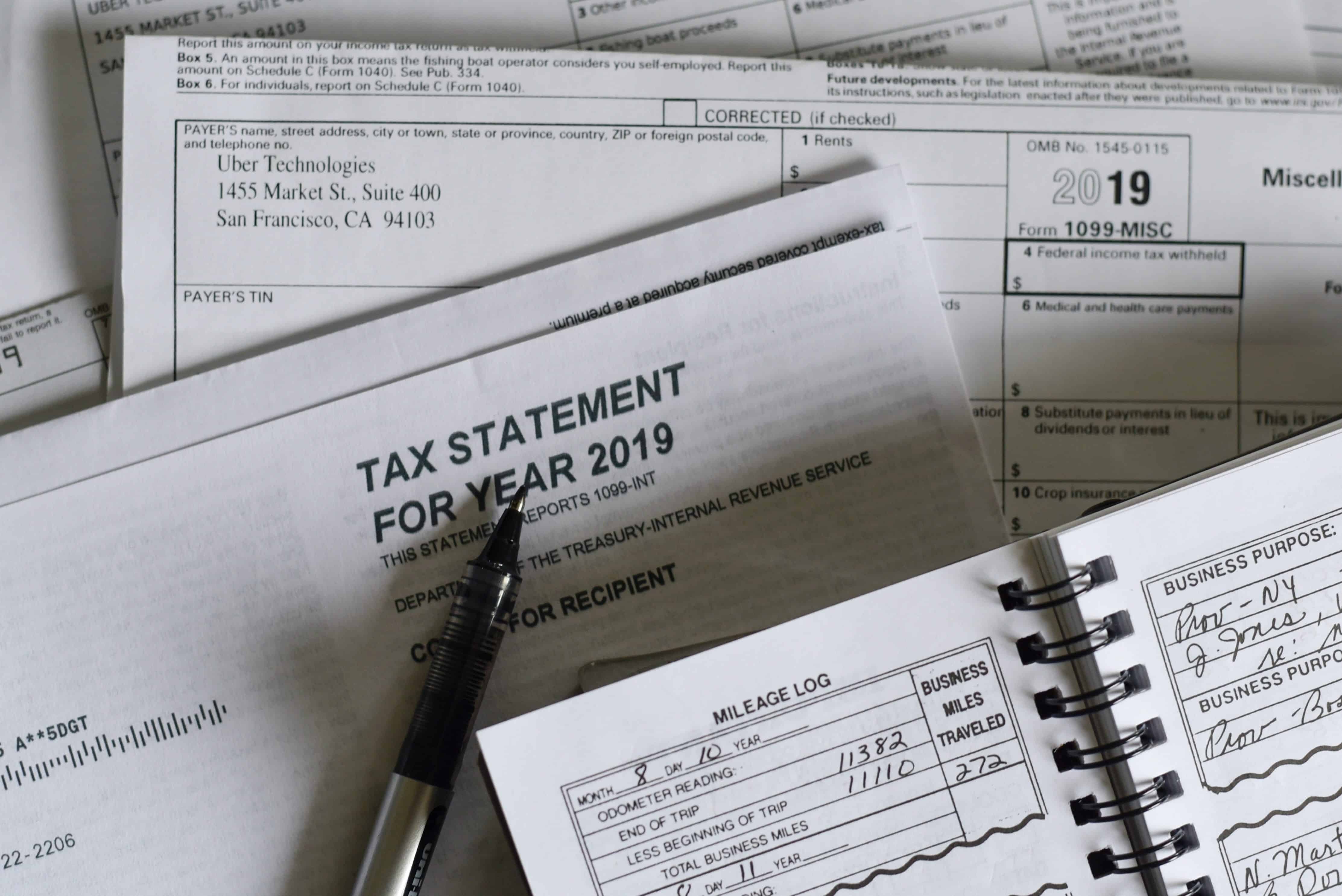IRS Hardship: What You Need to Know

The majority of American taxpayers receive a refund after filing their tax returns. The people who do not receive a refund, receive a bill for unpaid back taxes. While the IRS provides several options for paying back taxes, some taxpayers are simply unable to do so based on their current circumstances. If you owe back taxes and you are unable to pay due to your current economic situation, you may qualify for IRS Hardship status technically known as Currently-Non-Collectible Status.
The Internal Revenue Service Policy 5-71 states the following on hardship status:
“If there are limited assets or income but it is determined that levy action would create a hardship, the liability may be reported as currently not collectible. A hardship exists if the levy action prevents the taxpayer from meeting necessary living expenses. In each case a determination must be made as to whether the levy would result in actual hardship, as distinguished from mere inconvenience to the taxpayer. If, after taking all steps in the collection process, it is determined that an account receivable is currently not collectible, it should be so reported in order to remove it from active inventory.”
To obtain hardship status, you must meet certain criteria. The IRS will conduct a financial assessment requiring you to disclose your monthly income and living expenses, as well as the value of your assets and liabilities.
In addition to your living expenses, the IRS may also consider the following factors when determining if you qualify for economic hardship:
- Your age and employment status
- How many dependents you have, their ages and health
- The cost of living in your area
- Extraordinary expenses including special education expenses or natural disasters
- Medical situations for you and your family
- Your education
Other factors including the inability to earn an income due to a medical condition, a set monthly income with no other means to support your family, and/or being unable to borrow against the equity in the assets you currently own, can also support your case for economic hardship status.
Since your financial situation directly impacts your eligibility for IRS Hardship status, if your income decreases due to one of the following, it could have an impact on your ability to receive IRS Hardship status.
- Job loss
- Unemployment compensation
- Income decline
- Searching for a job
- Employer goes out of business
- Close your own business
- Lose your home through foreclosure
- Sell your home at a loss
You may think you are eligible for hardship; however, the IRS may view your financial situation differently. After you submit your budget, if it is denied, the IRS will give you the opportunity to make adjustments. If you cannot adjust your budget to meet the standards set forth to obtain hardship status and you have no way to pay your tax debt, you should consider contacting a tax relief specialist.
Your Rights
While you are in IRS Hardship, you are protected from IRS collection methods including seizing of property, garnishing your paycheck or taking money directly from your bank account. However, when you have an IRS Hardship, the debt you owe is not forgiven. Additionally, penalties and interest continue to add up during your IRS Hardship. You will receive a letter each year from the IRS, stating how much in taxes you owe. After the Hardship status is lifted, you are required to pay this amount.
You can have IRS Hardship status for up to 10 years. Every two years, the IRS will review your current situation; specifically your income. If your income has increased and they believe you are now able to support yourself and your family, they may remove the status. You are required to start paying your debt again. If at any point during your IRS Hardship, you have extra money, you can make a payment on your debt. The payment will not affect your status.
How to Apply
Before you apply for IRS Hardship Status, you should consider an Offer in Compromise, which is also known as a settlement. This is an agreement between you and the IRS to settle the debt for less than the amount owed. It is a more complete solution because after the agreement is finalized, you are done and you no longer owe back taxes.
However, if you do not meet the requirements of an Offer in Compromise, it may be best to pursue Hardship status. If you are an individual taxpayer and you believe you are eligible for IRS Hardship status, you can apply by completing the Form 433A or 433F. If you have C Corporation, S Corporation or Partnership and you believe you are eligible for IRS Hardship Status, you can apply by completing Form 433B.
It can be difficult to figure out the best option based on your situation.
Each case is unique and no two situations are the same. If you think you may qualify for an IRS Hardship Status, contact Landmark Tax Group today.
As your representative, we will determine if you qualify to be placed in uncollectible status. We will gather your financial statements along with the documentary evidence needed to prove a financial or personal hardship case to the IRS. We will work with the IRS on your behalf to prove that collection on your case should be suspended indefinitely, or at least until your ability to pay improves. Should the IRS deny our request to place your account in uncollectible status, we will prepare and submit a formal appeal and represent you in front of the Appeals Division.
Get our Free Special Report: 7 Secrets the IRS Doesn’t Want You to Know!
Not only are we licensed Tax Relief Specialists, we are also former Senior IRS Agents that now serve the best interests of taxpayers like you – all we do is handle IRS Tax Relief matters, all day, every day. Contact us today for immediate IRS tax relief.
As former IRS auditors and officers we know how the IRS works and how to protect you and your assets! Get your free consultation with one of our agents today.




